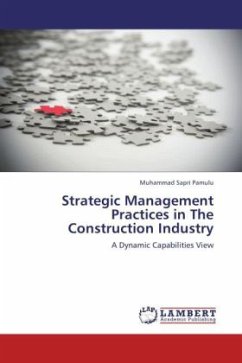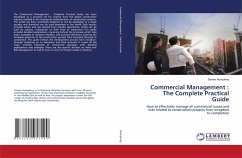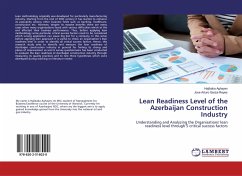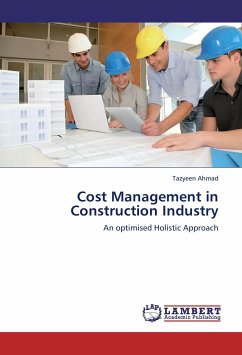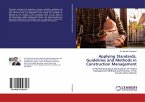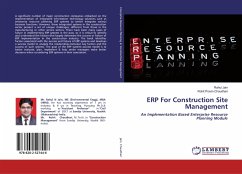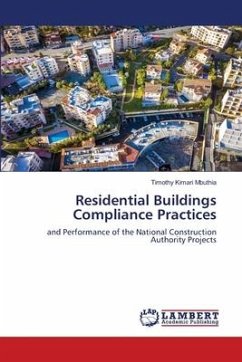This thesis is an empirical study of strategic management practices in the construction industry. It examines the dynamic capabilities paradigm within the context of the Indonesian construction industry. The characteristics of asset-capability combinations were found to be significant determinants of the competitive advantage of the Indonesian construction enterprises, and that such advantage sequentially contributes to organizational performance. In doing so, this study fills an important gap in the empirical literature and reinforces the dynamic capabilities framework s recognition as a rigorous theory of strategic management. As the dynamic capabilities framework can work in the context of Indonesia, it suggests that the framework has potential applicability in other emerging and developing countries

